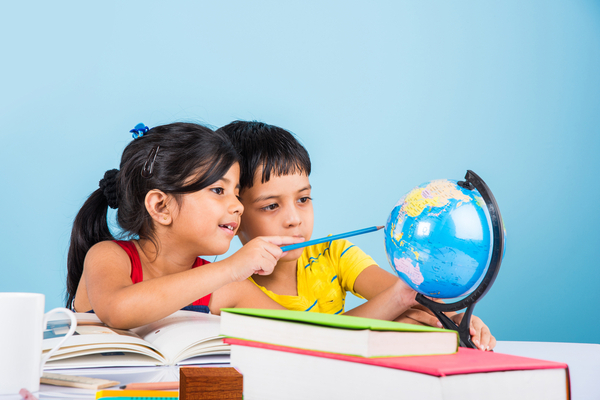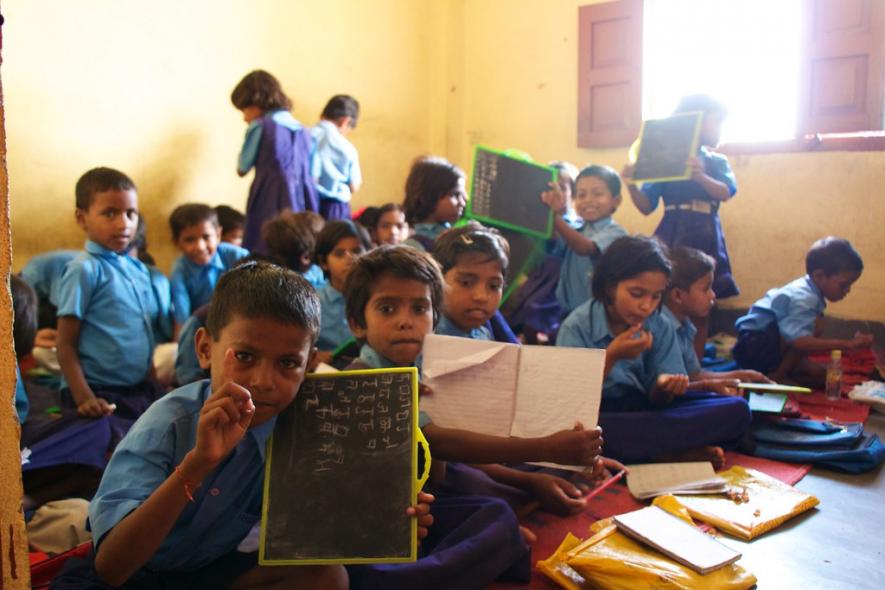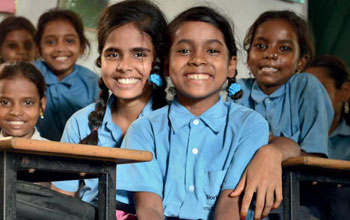The journey of a child’s education is a path paved with limitless potential and boundless curiosity. As parents, guardians, and educators, our responsibility lies not only in imparting knowledge but also in cultivating a love for learning and nurturing the unique talents that each child possesses. Crafting the best education for children requires a thoughtful approach, encompassing a variety of major steps that foster holistic development and set the stage for a successful future.

Foster a Strong Foundation in Early Childhood:
Education begins at birth, and the early years are crucial in shaping a child’s cognitive, social, and emotional development. Providing a nurturing environment rich in stimuli, interactions, and opportunities for exploration lays the foundation for future learning. Activities that encourage fine and gross motor skills, language acquisition, and sensory experiences contribute significantly to a child’s readiness for formal education.

Promote Curiosity and Critical Thinking:
Education should ignite curiosity and encourage children to question, explore, and think critically. Curiosity-driven learning stimulates a child’s natural desire to understand the world around them. Encourage open-ended discussions, ask thought-provoking questions, and provide resources that spark interest, allowing children to embark on their intellectual quests.

Individualized Learning Paths:
Every child possesses a unique set of strengths, interests, and learning styles. Customizing the learning experience to cater to these individual differences enhances engagement and deepens comprehension. Embrace diverse teaching methods, provide options for different learning modalities, and celebrate the progress each child makes, regardless of the pace.
A Holistic Approach to Skill Development:
Education extends beyond textbooks. A comprehensive approach includes the development of cognitive, emotional, social, and physical skills. Encourage participation in arts, sports, music, and other extracurricular activities that promote a well-rounded personality. These pursuits foster creativity, teamwork, resilience, and emotional intelligence.

Strong Parent-Teacher Partnerships:
Education is a collaborative effort that thrives when parents and teachers work together. Maintain open communication channels with educators to stay informed about your child’s progress, strengths, and areas needing improvement. Jointly set goals and strategies to ensure consistent support for learning both at school and at home.

Cultivate a Growth Mindset:
A growth mindset emphasizes the belief that abilities and intelligence can be developed through effort and perseverance. Encourage children to embrace challenges, learn from failures, and persist in the face of setbacks. By praising effort rather than innate ability, children develop resilience and a willingness to take on new challenges.

Incorporate Technology Mindfully:
In the digital age, technology plays a significant role in education. However, balance is key. Utilize technology as a tool for enhancing learning, providing access to diverse information, and fostering digital literacy. Set healthy screen time limits and encourage face-to-face interactions to maintain a well-rounded educational experience.

Cultivate a Love for Reading:
Reading is the gateway to knowledge and imagination. Encourage regular reading habits from an early age and provide a wide variety of age-appropriate reading materials. Visit libraries, explore different genres, and engage in discussions about the stories, fostering language skills and a lifelong love for reading.

Conclusion
The pursuit of the best education for children is a continuous and dynamic endeavor. It requires the collective effort of parents, teachers, and society to provide an environment that nurtures growth, curiosity, and creativity. By fostering a strong foundation, promoting critical thinking, embracing individuality, and fostering partnerships, we can pave the way for children to thrive academically, socially, and emotionally. As we embark on this journey, let us remember that education is not just about preparing children for the future; it’s about empowering them to shape it.
Read More:- Empowering Change: Mukesh Ambani-Backed NGOs Making A Difference
Read More:- Government Schemes Nurturing The Dreams Of Underprivileged Students In India
Read More:- Pioneering Sustainable Innovations: Empowering Rural Development Nonprofits
Read More:- Navigating Success: Choosing the Best Courses for 12th Pass-Out Students
